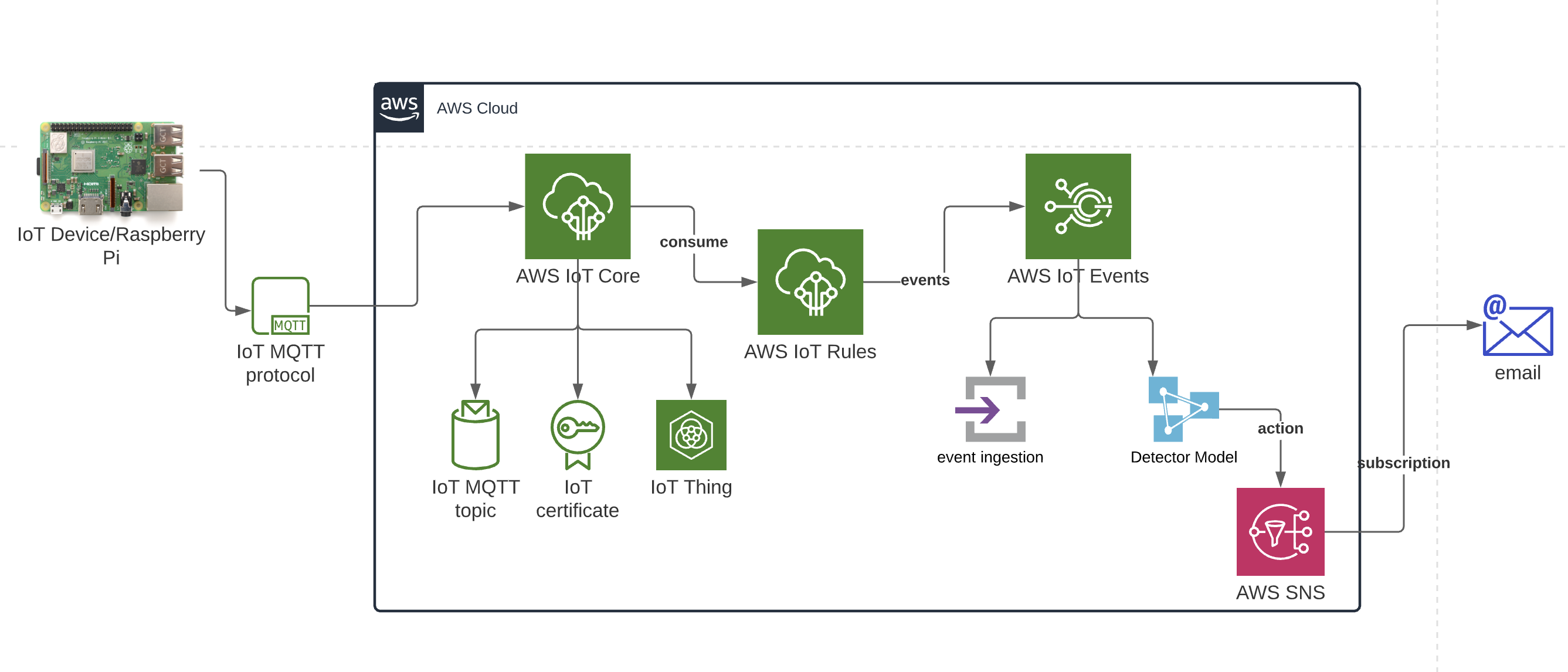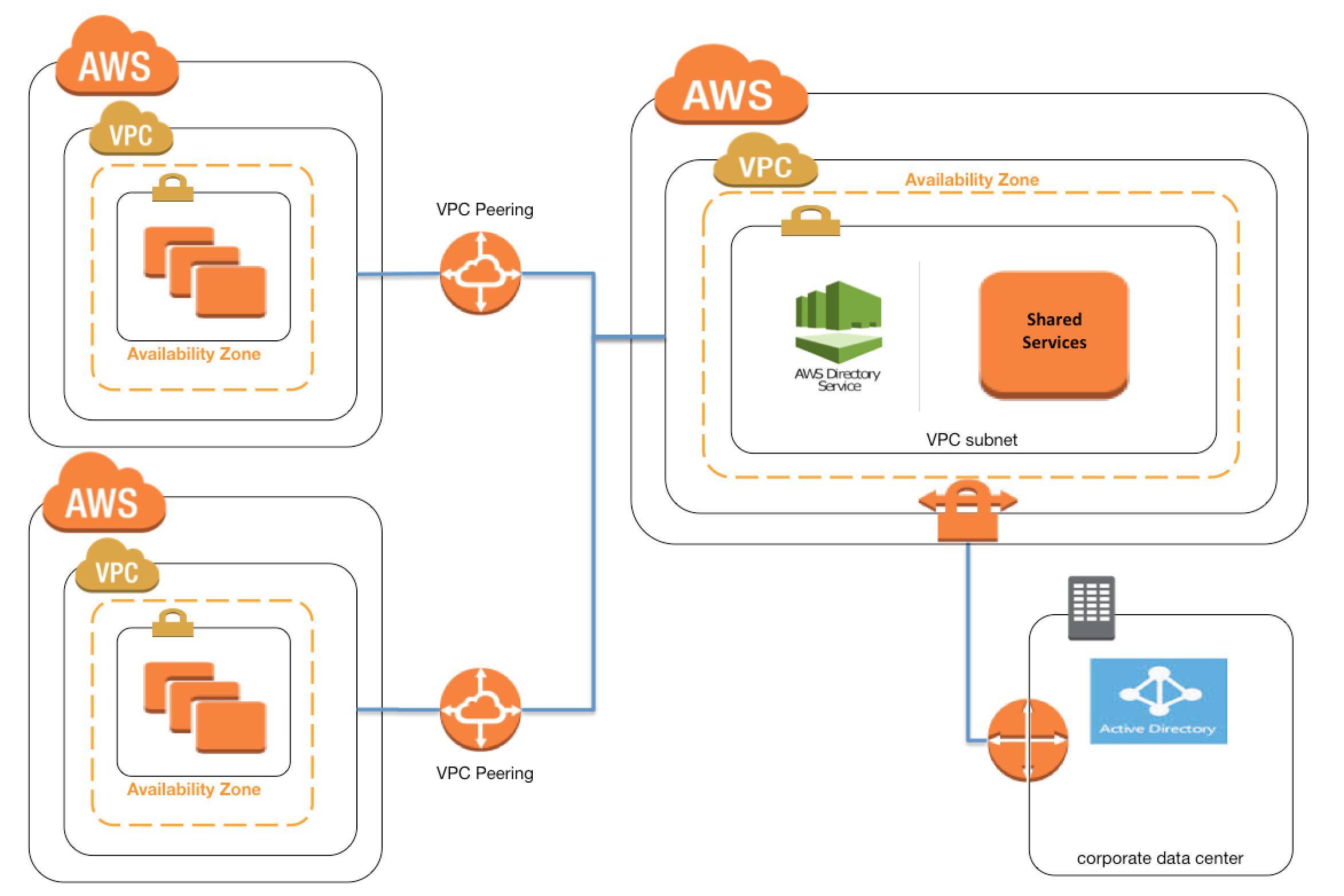As technology continues to evolve, the ability to remotely manage and secure IoT devices has become increasingly important. Remote IoT VPC SSH Raspberry Pi AWS offers a powerful solution for managing your IoT projects securely and efficiently. If you're looking to download free tools or set up your own remote IoT infrastructure, this guide will provide the necessary steps and insights.
With more businesses and individuals adopting Internet of Things (IoT) devices, ensuring secure remote access is essential. By leveraging AWS services like VPC and SSH protocols, you can establish a robust environment for your IoT projects. This article will explore the fundamental concepts and practical steps to implement remote IoT management.
Whether you're a beginner or an experienced developer, this guide will cover everything from setting up a Raspberry Pi to configuring a secure AWS VPC environment. You'll also learn how to download free resources and tools to streamline your IoT projects.
Read also:Find Affordable Housing Restricted Income Apartments Near Me And How To Secure Them
Table of Contents
- Introduction to Remote IoT VPC SSH Raspberry Pi AWS
- Understanding Raspberry Pi for IoT Projects
- What is AWS VPC and Why It Matters
- The Role of SSH in Securing IoT Devices
- How to Set Up a VPC for IoT Devices
- Configuring Raspberry Pi for Remote Access
- Ensuring IoT Security with SSH and VPC
- Free Downloads and Tools for IoT Projects
- Best Practices for Remote IoT Management
- Conclusion and Next Steps
Introduction to Remote IoT VPC SSH Raspberry Pi AWS
In today's digital age, IoT devices are transforming the way we interact with technology. Remote IoT VPC SSH Raspberry Pi AWS provides a comprehensive framework for managing these devices securely. By integrating Raspberry Pi with AWS services, you can create a scalable and reliable infrastructure for your IoT projects.
The combination of VPC (Virtual Private Cloud) and SSH (Secure Shell) ensures that your IoT devices remain protected from unauthorized access. This setup is particularly beneficial for businesses that require remote monitoring and management of their IoT ecosystems.
Throughout this article, we'll delve into the technical aspects of setting up a remote IoT environment using Raspberry Pi and AWS. You'll also discover free resources and tools that can enhance your IoT projects without breaking the bank.
Understanding Raspberry Pi for IoT Projects
Raspberry Pi as a Versatile IoT Platform
Raspberry Pi has become a go-to device for hobbyists and professionals alike due to its affordability and versatility. Its compact size and powerful capabilities make it an ideal choice for IoT projects.
Key features of Raspberry Pi include:
- Low power consumption
- Wide range of GPIO pins for connecting sensors and actuators
- Support for multiple operating systems
- Strong community support and extensive documentation
By leveraging Raspberry Pi, you can build a variety of IoT applications, from home automation systems to industrial monitoring solutions.
Read also:The Grinch Cartoon A Timeless Classic Of Holiday Spirit
What is AWS VPC and Why It Matters
Defining AWS VPC
AWS VPC (Virtual Private Cloud) is a service that allows you to create a logically isolated section of the AWS cloud. Within this virtual network, you can launch AWS resources, such as EC2 instances, in a secure and controlled environment.
Key benefits of using AWS VPC for IoT projects include:
- Enhanced security through private subnets and security groups
- Customizable network configurations
- Integration with other AWS services for seamless operation
By utilizing AWS VPC, you can ensure that your IoT devices remain isolated from the public internet, reducing the risk of unauthorized access.
The Role of SSH in Securing IoT Devices
SSH (Secure Shell) is a cryptographic network protocol that provides secure communication between devices over an unsecured network. In the context of remote IoT management, SSH plays a crucial role in safeguarding your devices against potential threats.
Some of the key advantages of using SSH for IoT devices include:
- Data encryption during transmission
- Authentication mechanisms to verify user identity
- Protection against man-in-the-middle attacks
Implementing SSH in your IoT projects ensures that your data remains confidential and secure, even when accessed remotely.
How to Set Up a VPC for IoT Devices
Step-by-Step Guide to Configuring AWS VPC
Setting up a VPC for your IoT devices involves several key steps. Below is a simplified guide to help you get started:
- Log in to your AWS Management Console and navigate to the VPC dashboard.
- Create a new VPC by specifying the IPv4 CIDR block range.
- Set up subnets within your VPC to organize your resources.
- Configure route tables to define how traffic is routed between subnets.
- Set up security groups to control inbound and outbound traffic.
By following these steps, you can create a secure and efficient VPC environment for your IoT devices.
Configuring Raspberry Pi for Remote Access
Preparing Your Raspberry Pi for IoT Projects
Before you can use your Raspberry Pi for remote IoT management, you need to configure it properly. Here are some essential steps:
- Install a lightweight operating system like Raspberry Pi OS.
- Enable SSH on your Raspberry Pi by creating an empty file named "ssh" on the boot partition.
- Set up a static IP address to ensure consistent connectivity.
- Install necessary software packages for your IoT project.
With these configurations in place, your Raspberry Pi will be ready to connect to your AWS VPC and serve as a remote IoT device.
Ensuring IoT Security with SSH and VPC
Security is a top priority when managing IoT devices remotely. By combining SSH and VPC, you can significantly enhance the security of your IoT infrastructure.
Some best practices for securing your IoT devices include:
- Regularly updating firmware and software to patch vulnerabilities.
- Using strong passwords and enabling two-factor authentication.
- Limiting access to your VPC through strict security group rules.
Implementing these measures will help protect your IoT devices from potential cyber threats.
Free Downloads and Tools for IoT Projects
Discovering Free Resources for Your IoT Projects
There are numerous free tools and resources available to help you with your IoT projects. Below are some recommendations:
- Raspberry Pi OS - The official operating system for Raspberry Pi devices.
- Python - A versatile programming language widely used in IoT development.
- MongoDB Atlas - A cloud-hosted database service for storing IoT data.
By utilizing these free resources, you can reduce costs and accelerate the development of your IoT projects.
Best Practices for Remote IoT Management
Maximizing Efficiency and Security
To ensure the success of your remote IoT management efforts, it's important to follow best practices. Here are some tips:
- Regularly monitor your IoT devices for unusual activity.
- Document your configurations and procedures for easy reference.
- Engage with the IoT community to stay updated on the latest trends and technologies.
By adhering to these practices, you can optimize the performance and security of your IoT projects.
Conclusion and Next Steps
In conclusion, remote IoT VPC SSH Raspberry Pi AWS provides a powerful solution for managing IoT devices securely and efficiently. By following the steps outlined in this guide, you can set up a robust infrastructure for your IoT projects while leveraging free resources to minimize costs.
We encourage you to take action by:
- Experimenting with the tools and techniques discussed in this article.
- Sharing your experiences and insights in the comments section below.
- Exploring other articles on our site for more information on IoT and related technologies.
Thank you for reading, and we wish you the best of luck in your IoT endeavors!


